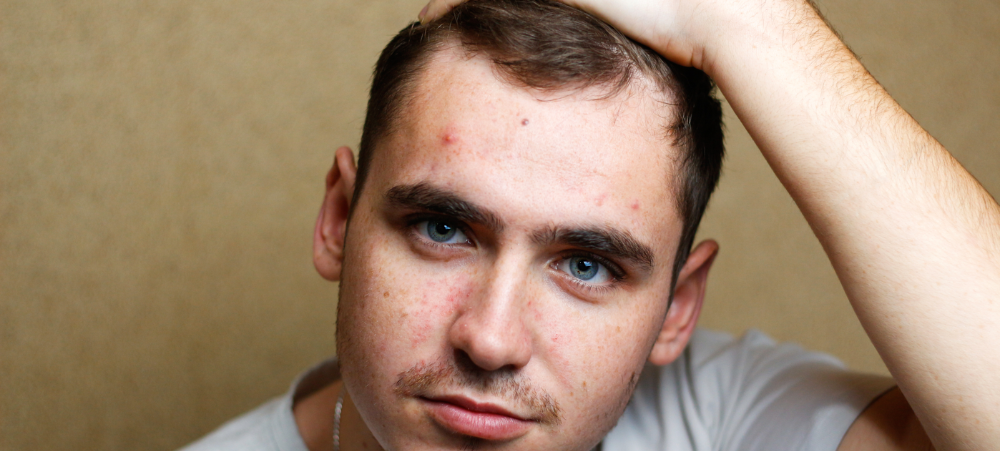Affinity Health, a leading provider of high-quality health coverage, explores the normal progression of puberty and the signs of precocious and delayed puberty.
“Understanding the symptoms and timing of puberty, as well as recognising signs of precocious or delayed puberty, is crucial for parents, caregivers, and young individuals,” says Murray Hewlett, CEO of Affinity Health.
“Open communication with a healthcare provider can help address concerns and ensure that adolescents are on a healthy and developmentally appropriate path through puberty.”
Understanding Puberty
Puberty is the natural physical and hormonal changes that occur as children transition into adulthood. It typically begins between eight and 13 in girls and between nine and 14 in boys, although individual timelines vary.
Common Signs of Puberty Include:
Growth Spurts: During puberty, adolescents often experience rapid growth in height. This growth may happen over a relatively short period, leading to noticeable changes in stature.
Development of Secondary Sexual Characteristics: Puberty causes the development of secondary sexual characteristics such as breast development in girls, voice deepening in boys, and body hair growth in both genders.
Body Odour and Sweat: The increased hormonal activity during puberty leads to increased sweating and body odour. Adolescents may need to start using deodorants or antiperspirants.
Acne: Hormonal changes can also contribute to the development of acne. The skin may become oilier, and adolescents may experience pimples and blackheads.
Menstruation in Girls: The onset of menstruation, or the first period, typically occurs around age 12 or 13 in girls. Menstrual cycles can be irregular during the early stages of puberty.
Voice Changes in Boys: Boys experience voice changes during puberty, with the voice becoming more resounding as the vocal cords lengthen and thicken.
Emotional Changes: Adolescents may experience mood swings, heightened emotions, and increased sensitivity as they navigate the emotional aspects of puberty.
Understanding Precocious Puberty
Precocious puberty occurs when puberty begins earlier than usual. In girls, this means before age eight, and in boys, before age nine.
Precocious puberty occurs when there is an early activation of the body’s hormonal system responsible for the onset of puberty. Several factors can trigger this premature development, including:
- Central Precocious Puberty (CPP): This is the most common form of precocious puberty, often caused by the early maturation of the hypothalamus and pituitary gland, which release hormones that stimulate the gonads (testes in boys and ovaries in girls) prematurely.
- Peripheral Precocious Puberty (PPP): This less common form of precocious puberty is usually caused by abnormal hormone production outside the hypothalamus-pituitary-gonadal axis. Tumours, cysts, or adrenal gland disorders can lead to PPP.
- Idiopathic Precocious Puberty: In some cases, the cause of precocious puberty remains unknown, leading to the classification of idiopathic precocious puberty. It is thought to be related to genetic or environmental factors.
Signs of Precocious Puberty Include:
- Breast development before age 8 in girls
- Mood swings and irritability
- Increased appetite and weight gain
- The start of menstruation before age nine in girls
- The appearance of pubic hair before age eight in girls or age nine in boys
- Rapid growth and a significantly increased height in a short period
- Deepening of the voice in boys before age nine
Underlying medical conditions may cause precocious puberty; sometimes, it has no known cause. It is critical to seek medical attention as soon as possible to determine the cause and explore potential treatment options. Treatment options may include hormone therapy, psychological support, and nutritional guidance.
Understanding Delayed Puberty
Delayed puberty is when the onset of puberty occurs later than the typical age range. In girls, this means no signs of puberty by age 13, and in boys, no signs by age 14.
Signs of Delayed Puberty Include:
- The absence of breast development by age 13 in girls
- Short stature
- Absence of facial hair in boys by age 14
- No pubic hair growth by age 13 in girls or age 14 in boys
- The absence of menstruation by age 16 in girls
- No voice changes in boys by age 14
It is important to remember that the pace of development varies among individuals, and some children are ”late bloomers”. In some cases, however, delayed puberty may be due to genetics, chronic illness, hormonal imbalances, or nutritional deficiencies. A healthcare provider will tailor treatment solutions after addressing any underlying causes.
We understand that there are many aspects that encompass a Mother, Father or Child and strive toward providing resources and services that accommodates this.
Our content is aimed to inform and educate families on issues starting from pregnancy through to the challenges of the teen-age years.
- Say Hello to the Ultimate Holiday Brunch Bite - December 17, 2025
- Tiny Toons Looniversity Returns: Meet the Voice Behind Plucky and Hamton! - December 12, 2025
- From Pain to Possibility: Panado®’s New Marketing Campaign, Highlights The Joy Of Pain Relief - December 10, 2025





